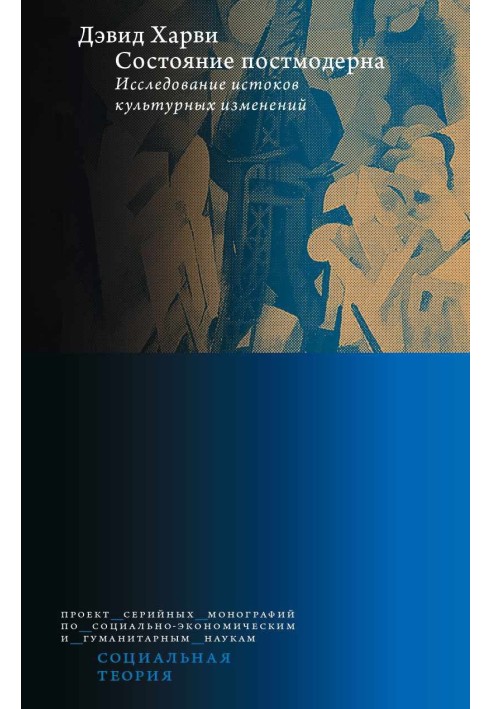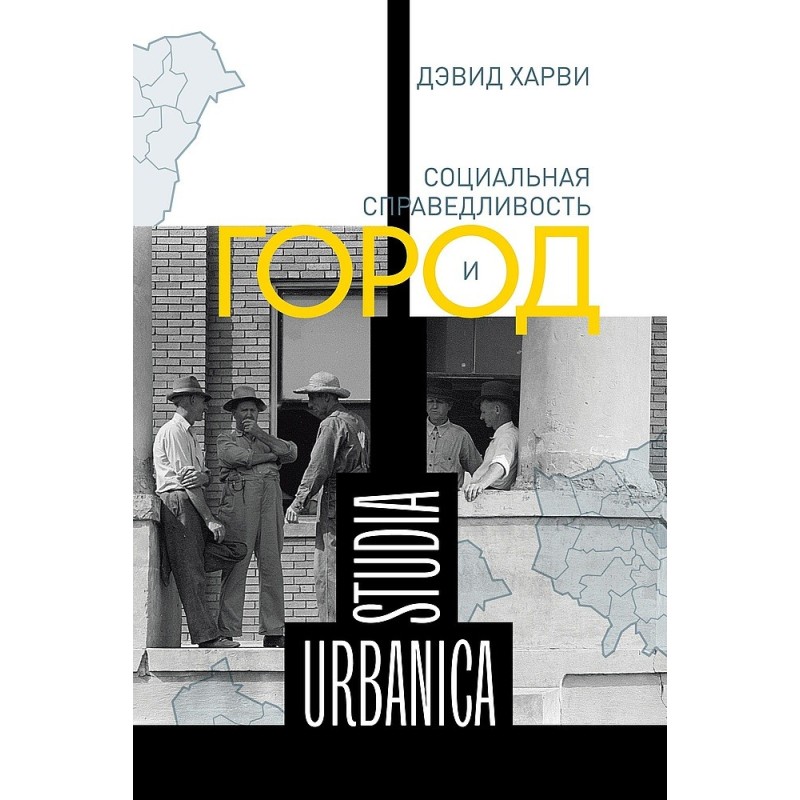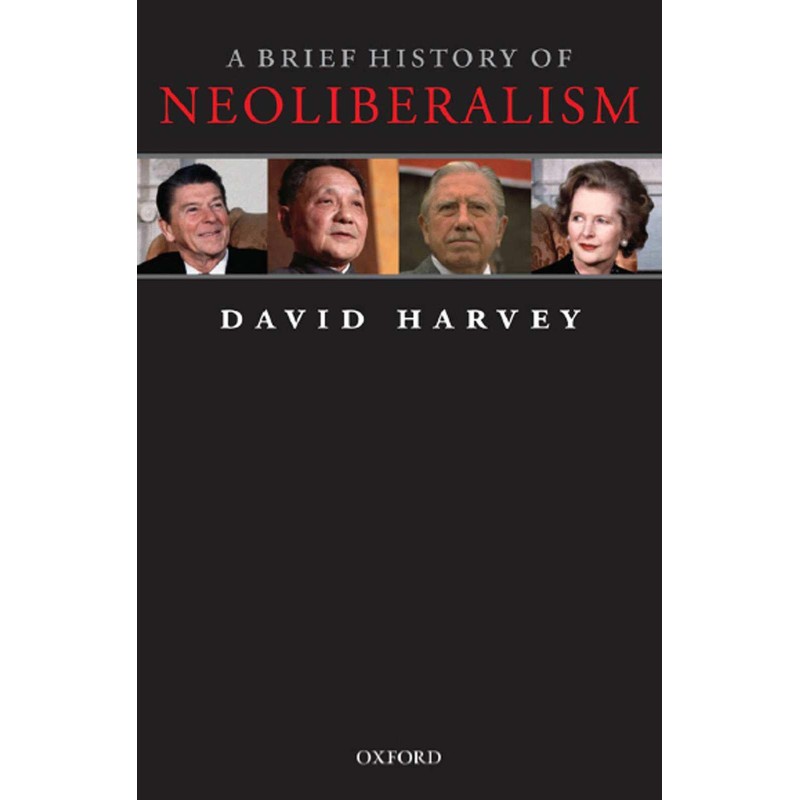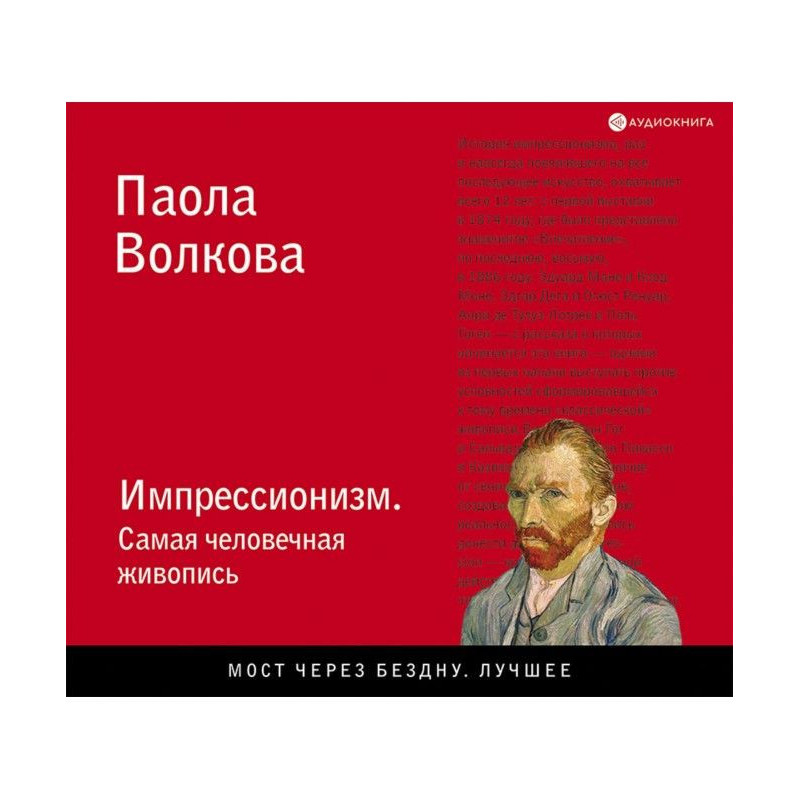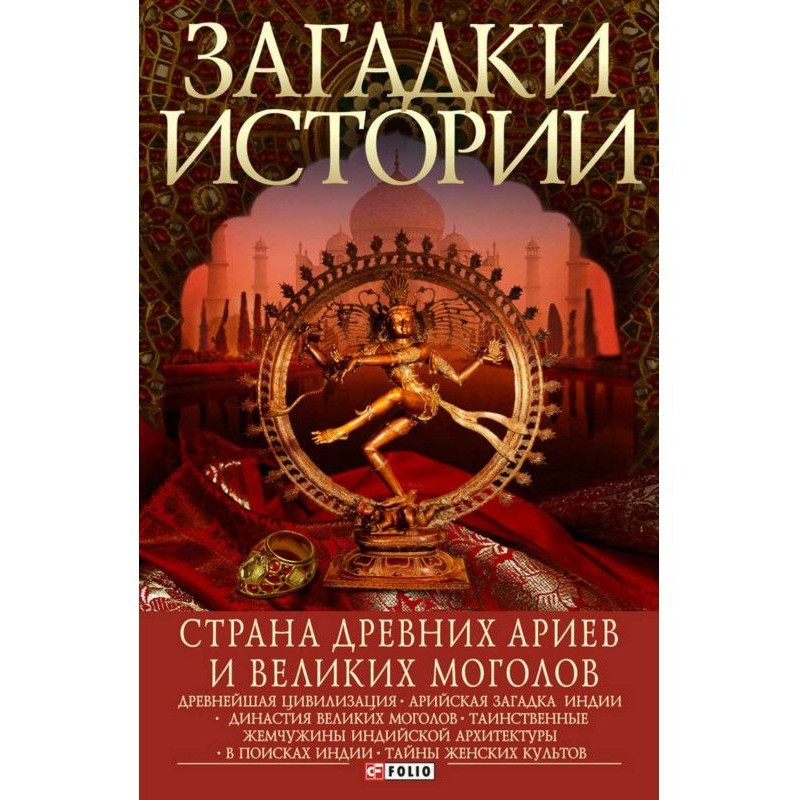The state of postmodernity. Exploring the Origins of Cultural Change
 Instant download
Instant download
after payment (24/7)
 Wide range of formats
Wide range of formats
(for all gadgets)
 Full book
Full book
(including for Apple and Android)
The term “postmodern” is one of the most complex and controversial in the social and human sciences. Over the course of several decades, various thinkers and scientists have offered their own interpretations of this concept. Today's most famous social geographer, David Harvey, is one of them. In his major book, Harvey explains what the term "postmodern" means as a state of contemporary culture, and shows that the logic of capital lies behind tangible and dynamic changes in cultural life. The scientist argues that the origins of cultural change lie “ultimately” in economics. In the course of his research, he traces the socio-economic and conceptual history of modernity (from the Enlightenment to the present day) and how the transition from modernity to postmodernity was accomplished in art, urbanism, literature, architecture, and cinema. Harvey argues that space-time compression occurred over several centuries and, by the 1970s, became the solution to the crisis of capital overaccumulation. Thus, from modernist Fordism there was a transition to postmodernist post-Fordism, defined as “flexible accumulation.” Although Harvey wrote this book back in 1989, he did not abandon his ideas, and events that have occurred since then have proven him right. The book is considered one of the most important sources in the social sciences and humanities and will be of interest to a wide range of readers.
Data sheet
- Name of the Author
- Дэвид Харви
- Language
- Russian
- Translator
- Николай Петрович Проценко
Reviews
Важливий внесок у розуміння постмодерну
Книга Девіда Харві "Стан постмодерну" є неймовірно цінним джерелом для всіх, хто прагне зрозуміти складність та багатогранність терміна "постмодерн". Автор майстерно аналізує витоки культурних змін, показуючи, як економічні фактори впливають на розвиток мистецтва, літератури та архітектури. Його аргументи про те, що зміни в культурі не є випадковими, а мають глибокі економічні корені, відкривають нові горизонти для розуміння сучасного світу. Книга написана зрозумілою мовою, що робить її доступною для широкого кола читачів, навіть для тих, хто не є фахівцем у соціальних науках. Харві не лише аналізує минуле, але й передбачає майбутнє, що робить цю роботу актуальною і сьогодні. Я б рекомендував цю книгу всім, хто цікавиться культурними змінами, соціологією та економікою, адже вона пропонує глибокий аналіз та нові перспективи на знайомі теми.

